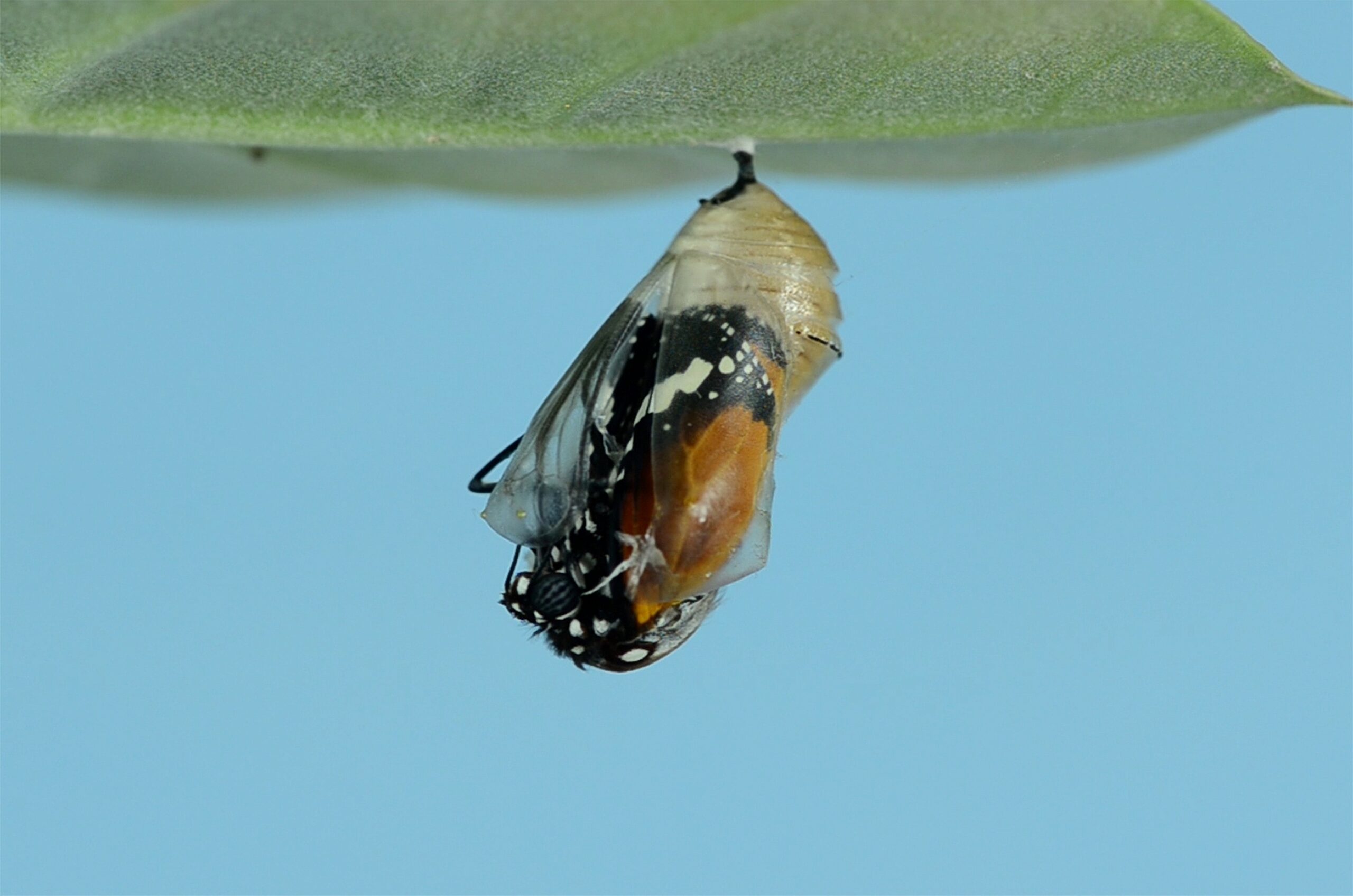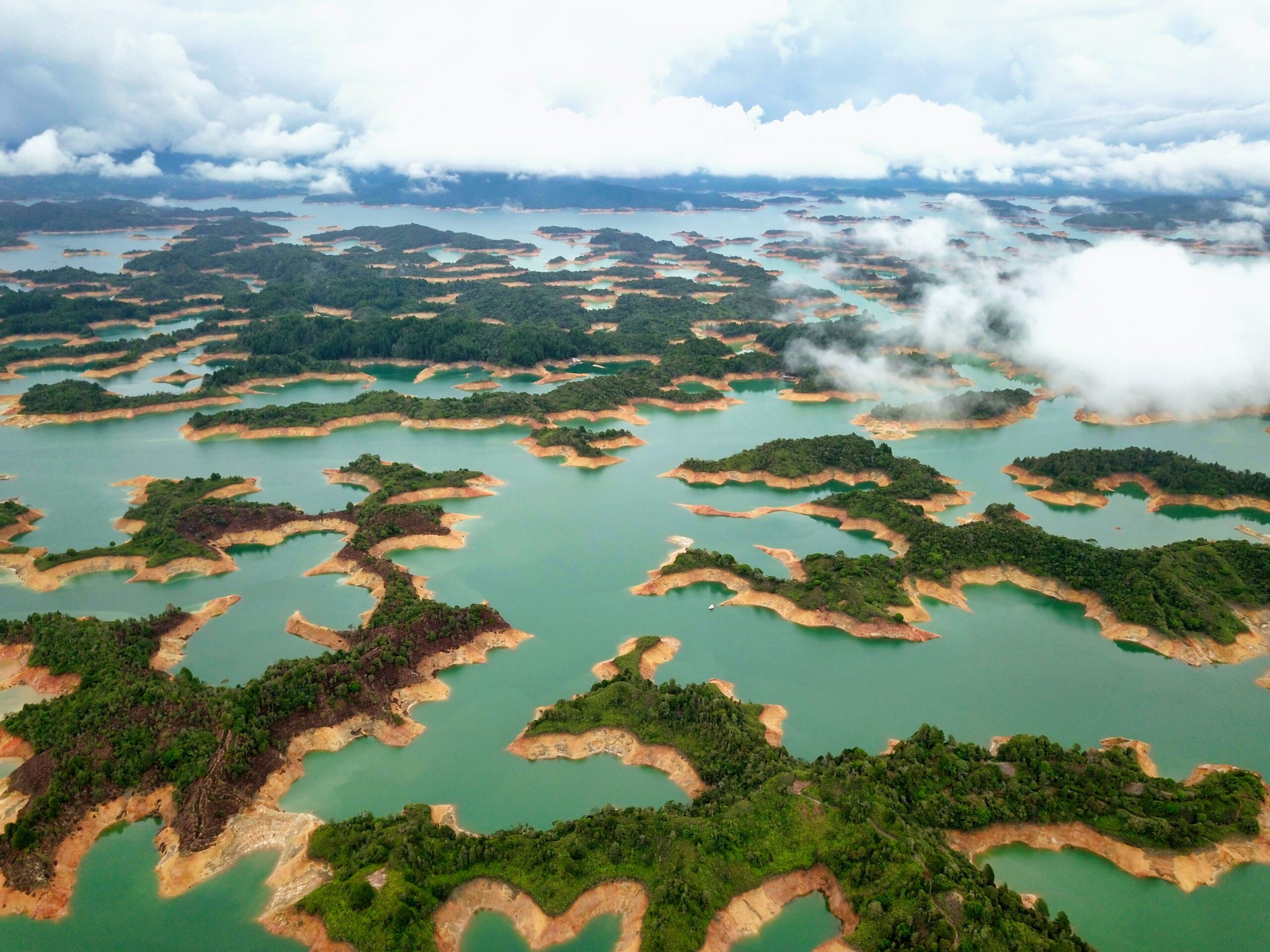
This article was written by Patrice Matchaba, M.D., board member of the Capitals Coalition and Group Head of Global Health and Corporate Responsibility for Novartis.
One key lesson from the COVID-19 pandemic is that the recovery will need to take a capitals approach, one that connects natural, social, human and produced capital. If we don’t, we run the risk of recreating the conditions that resulted in the pandemic in the first place.
The pandemic has exposed our weaknesses, and we are paying today the consequences of our destructive practices. In particular, our human assault on the environment has degraded forests and precious biomes, leading to biodiversity and habitat loss for plants and animals. Our actions on nature have caused many plant and animal species to disappear as described by Elizabeth Kolbert in her Pulitzer Prize winning nonfiction book, The Sixth Extinction.
Beyond natural ecosystems, impacts on the environment have a ripple effect on health, and we see clear links between COVID, the environment, biodiversity and healthcare.
Evidence shows that removing carbon sinks causes global warming and erratic weather events such as floods, fires and hurricanes. Higher temperatures also have an impact on human health. They decrease agricultural yield, which can cause starvation and malnutrition among rural communities, leading to poverty, migration and displacement. We also see that global warming is accelerating disease. A direct manifestation is heat strokes; yet, there is also a growing incidence of renal failure in agricultural communities working in hot and humid environments. Further, scientists indicate that changes in the climate could play a role in both blood pressure variability and cardiovascular disease.
Another extremely worrying consequence of deforestation and biodiversity loss is that wild animals now live in closer proximity to humans. This increases the risk of zoonosis, meaning the transmission of disease or infection from animals to humans. In fact, experts believe several diseases such as HIV, Ebola, MERS, SARS and potentially COVID-19 resulted from viruses that transferred to humans by infected animals. Further, massive deforestation for cattle farming in Brazil and elsewhere, and the heavy use of antibiotics for higher livestock productivity are also creating cross-transmission of antimicrobial resistance.
Now, looking at it from a pure business perspective, biodiversity loss could reduce the potential for plant-based therapeutics. For instance, my company, Novartis, produces an antimalarial derived from sweet wormwood (Artemisia annua), a plant that has been used for more than 2,000 years in traditional Chinese medicine. Another example is cyclosporine, a fungus-based immunosuppressant to prevent organ transplant rejection. Discovered by Jean-François Borel, who worked at Sandoz, cyclosporine heralded the dawn of transplantation and dramatically decreased the rate of organ rejection and deaths. Our continued destruction of the rich biodiversity we inherited could wipe out our compound libraries and potential future cures for devastating diseases like cancer.
So, what can we do? One clear call to action is that companies – regardless the sector – and governments need to take a holistic approach to business and economic growth. For pharmaceutical companies, this means to factor in a capitals approach to tackling global health challenges. Our responsibility remains to discover cures, yet we must do so taking into consideration our broader impacts and dependencies on nature and society. As the world engages in the post-COVID economic recovery, we must also include the Global South, which is home to the richest and most diverse ecosystems. This is why recovery from the pandemic in the “North” should allocate capital and resources to protect carbon sinks in the “South”. The vast forests of the Amazon and the Congo are precious global natural repositories and will be essential to reverse global warming and preserve our rich biodiversity. It will take a multi-stakeholder, synchronized capitals approach to prevent future pandemics.
Responsibility falls on us all, and financial markets play a crucial role. Today, a growing body of Environmental, Social and Governance investors is looking at the financial rewards from sustainable practices. In his letter to CEOs, Larry Fink, BlackRock’s Chairman and CEO, underlined climate risk as an existential threat to all companies and humanity. Companies that integrate the preservation and renewal of all forms of capital in their strategy will thrive, those that don’t will not survive.
I really hope the pandemic will force the world to shy away from the unilateral devotion to shareholder capitalism and short-term profits and move toward stakeholder capitalism, i.e. capitalism that promotes a capitals approach. Financial markets need to incentivize companies that are working on solutions for major global health challenges, particularly on cures for infectious diseases that may not currently appear to have a financial return. Take dengue fever, which is sharply rising due to climate change and urbanization, and is one of the 10 global threats identified by the World Health Organization (interestingly, many of these threats are linked to global warming). As other neglected tropical diseases (NTDs), dengue has a devastating impact on human health; yet financial markets fail to reward companies that invest in R&D for drugs to treat NTDs. This has to change. Markets have to recognize and encourage investment in global health and recognize that this investment creates true long-term value.
The global pandemic reminds us of the interdependencies between society, economy and nature. We have reached a tipping point, and we will not have a world left unless we stop degrading it. So, together, let us seize this moment to create a better, stronger, more sustainable, and inclusive future.












